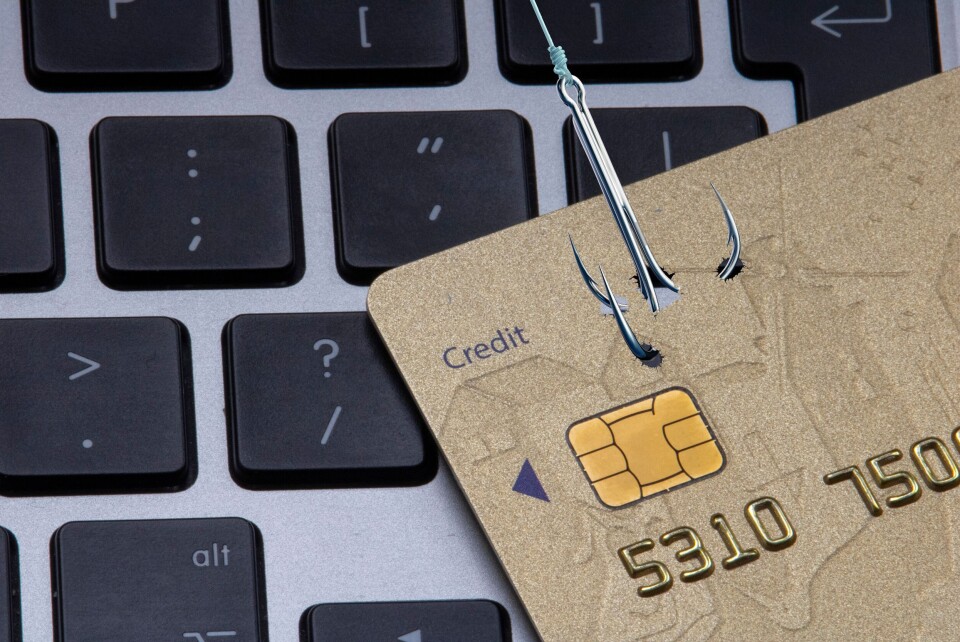-
Mysterious boom rattles residents in south-west France
Local community turns to social media for answers
-
France tightens reimbursement rules for flight delays or cancellations
New measures include mandatory mediation and new claim procedures
-
What snow conditions look like for skiers across French Alps and Pyrenees
Ski resorts are expected to get busier as school holidays begin this weekend
Fake bank employee scam in France cons woman out of €8,000
The fraudsters pretended to be from her bank and said her account had been hacked

A woman was scammed out of €8,000 after fraudsters pretended to be employees of her bank, reports La Depêche.
Gaëlle, a 40-year-old who lives near Toulouse, was tricked into handing over key information when scammers called her at work, asking her to open her app to block allegedly fraudulent payments.
Concerned over whether she had been scammed, she called her bank’s fraud department, who confirmed she had given sensitive information which could be used against her. Later, payments totalling €8,000 were made from her account.
“These crooks often take advantage of the fact that their callers are in a hurry or busy. Victims come from all age groups,” said a spokesperson from her bank, Caisse d’Epargne.
In the face of the increasing number of customers who fall victim to scammers, the bank is initiating a major anti-fraud campaign – however, it is not only their bank affected, as fraud of this kind can affect anyone regardless of their bank.
‘Careless about confidentiality’
“I was called on my mobile phone. On the other end of the line, someone told me they were from my bank's fraud department and that I'd been hacked,” explained Gaëlle.
“[The scammer] asked me to open my application to block the fraud. I was at work, but I isolated myself and opened it,’ she added.
The scammers told her payments were being made from Ireland out of her account, urging her to comply with their requests for information to lock her account.
After handing over the information, Gaëlle said she was wary, and phoned her bank’s fraud prevention team.
“They explained to me that they don't make calls and that I had probably been the victim of fraud. I filed a report,” she said.
“I was told I’d been careless about my confidentiality,” she added.
A week after the call, Gaëlle noticed the missing payments in her account and filed a report with the police.
She realised, however, it was a common problem, and the police are dealing with a number of similar cases.
“Each time, the sums involved are between €5,000 and €10,000. It's a disaster,” she said.
Scammers take people by surprise
Despite numerous campaigns advising people against scams of this nature in France, fraudsters are still able to convince a number of people to hand over sensitive information by posing as part of a bank’s anti-fraud unit.
A key element used by the scammers is the sense of urgency during the call.
By calling during work hours, when people may be busy and not have time to fully consider the situation, they are more susceptible to handing over information they should not.
Gaëlle’s bank said they are going to initiate a “major anti-fraud campaign” in the face of increasing victims, not least because recovering the funds can be difficult in the given circumstances.
Caisse d’Epargne does offer a mediation service, but as Gaëlle gave over the codes willingly, it is harder to get the money back.
She still has a good chance of recovering her money, but the process will take longer under the circumstances.
Read also: There is now a new way of reporting scams and fraud in France
What can I do to protect myself?
With cases of bank fraud, the advice remains the same: never give any personal account details out over the phone.
It is easy for fraudsters to find out information including your name, address, bank company, and potentially even your bank account number online, so even if they have this information it does not mean they are really from your bank.
Banks will never contact you in this manner to validate transactions or ask for banking information – a real worker will already have this information available to hand.
If somebody calls you claiming to be from your bank but you are dubious, hang up and then call your bank immediately. If there was a real reason the bank called, you can continue the conversation.
You can read our article here about how to protect yourself from bank card fraud.
Related articles
How will France’s online safety bill protect you from scammers?
























